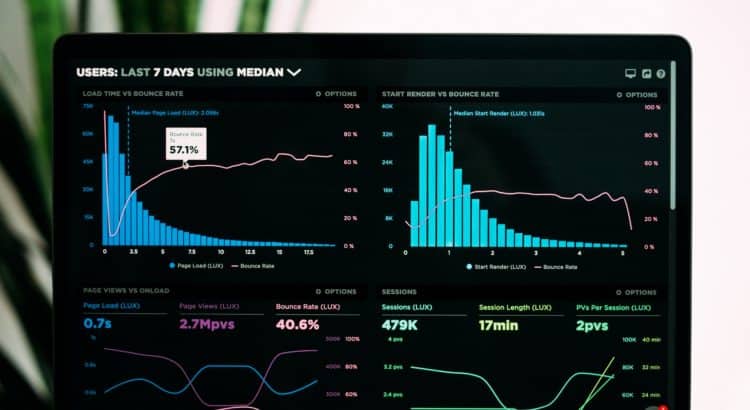There are many things that a business requires in order to remain successful. One of the most important assets that a business has is its data. This data can be accessed from anywhere and could potentially be shared between teams within the organization. However, with data comes great responsibility, and danger can always lurk where an important financial asset such as data exists. That is why it is important for businesses to practice proper data governance.
What Is Data Governance?
This is a term used to describe interventions that companies take to enforce rules regarding data use. These are a wide range of policies that cover a variety of issues. All of these policies include, but are not limited to backing and storing data securely, maintaining data in a consistent manner, restricting access as needed and assigning accountability to specific people.
Basically, anything that involves a company’s data will be covered with proper governance. This serves as a priority for companies that want to protect data from potential cyber criminals.
Data is an ambiguous term that can refer to a litany of different aspects of a business, and thinking about the rules that encompass its protection can be confusing.
Who Is In Charge?
Understanding who is in charge will help govern data exponentially. Usually, there are different authorities focused specifically on governing data.
There is usually a data governance council, C-suite executives and managers. Those in the actual council tend to be in charge of the higher-level data decisions. This will end up translating into specific policies that the employees will have to obey.
C-suite executives are responsible enforcing the policies and explaining clearly how these policies will affect stakeholders. As for other team leaders and managers, they will be enforcing new policies as well and they will have to understand how these policies will relate to their team specifically.
The Significance of Governance
It is better to implement a governance strategy sooner than later, because it can be quite a hassle. Having a plan to govern data is a multi-faceted ordeal that involves changing habits, frequent planning and a lot of workarounds just to get the data to be secure. In addition, there will be a lot of trial and error moments to determine what works and what is ineffective.
Cyber crimes are consistently on the rise, and recent years, ransomware attacks have been on the rise. These kinds of attacks will target a company’s data specifically, and if criminals gain access to it, they can destroy it altogether. The most vulnerable organizations that are subject to these attacks are small businesses who do not place adequate focus on governance.
For the sake of peace of mind and security of data, undergoing the process will prove to be a necessary evil that will pay off dividends for a business in the long term. Even if a business is subject to a cyber attack, having a strong governance council will have an adequate plan in place.
Governing data should be a priority for every business, and neglecting it will put one of the company’s greatest assets at risk
